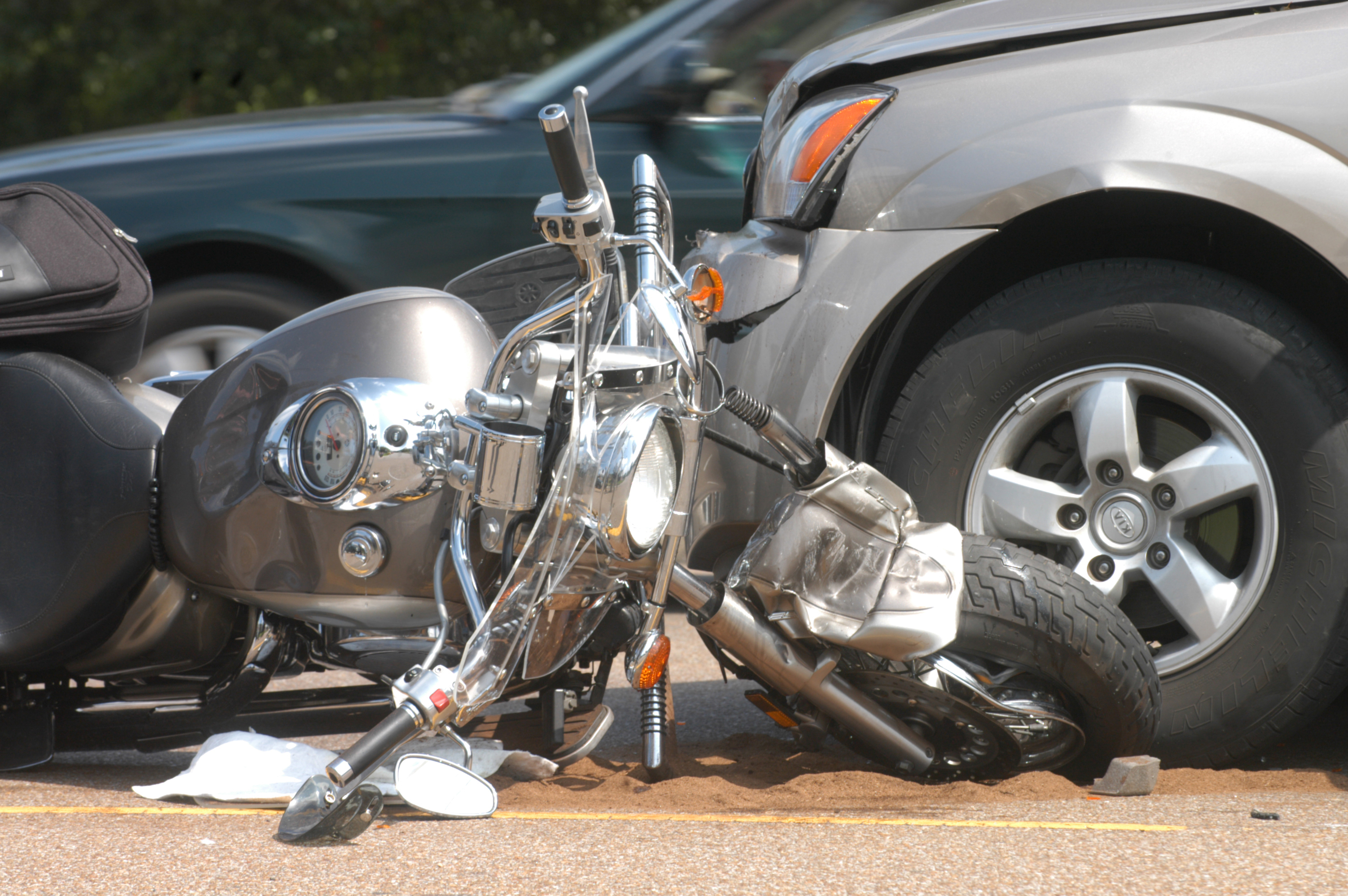FATALITY FACTS
4,500: Estimated motorcycle fatalities in 20111,829: Motorcyclists who survived crashes because they wore helmets (2008)822: Unhelmeted motorcyclists who died but would have survived with helmets (2008)35: Percentage of riders in fatal crashes who were speeding29: Percentage of fatally injured riders who had blood-alcohol levels above the legal limitSource: Governors Highway Safety Association
Mike Caron started riding motorcycles as soon as he turned 15 - and just three years later, he lost his first friend to a motorcycle accident.
First, but not last.
"I've lost many friends over the years," the 53-year-old owner of American Motorcycles said. Most recently, he lost former Chattanooga police officer Terry Yates, who died in a motorcycle wreck July 30.
"Even if you are extremely safe, you're gonna go down," Caron said. "It's not if; it's when. If you ride enough, you will go down."
The number of motorcyclists killed this year in Tennessee has reached 133 -- already higher than the 114 killed in 2011, according to the Tennessee Department of Safety and Homeland Security.
Such deaths are increasing across the country, said Kara Macek, communications manager at the Governors Highway Safety Association.
"It's not unique to Tennessee; it's a nationwide trend that overall fatalities are going down but motorcycle fatalities are going up," she said.
Nationwide, motorcycle deaths have increased in 13 of the last 14 years, Macek said. The Georgia Department of Public Safety reports 128 motorcyclists have died in that state so far this year.
In Chattanooga, two men died in motorcycle accidents in the last week. David Bruce, 56, was struck and killed by a hit-and-run driver while riding his moped on St. Elmo Avenue Friday night.
And on Monday, a 32-year-old man died in the 5000 block of Lee Highway when he was struck by a left-turning SUV, according to Chattanooga police.
"By and large, motorcycles are a dangerous way to travel, and they tend to attract risk-taking people," Macek said.
Motorcyclists are about 30 times more likely to die in a traffic crash than people in cars, according to the National Highway Traffic Safety Administration.
"You're on two wheels, and you don't have anything to protect you," Chattanooga police spokesman Nathan Hartwig said. "Your maneuverability is more restricted, and you just don't have the safety features that a car has."
Motorcycle crashes can be caused by a variety of factors, the U.S. Government Accountability Office reports, including speeding, lack of riding skills, lack of license, alcohol impairment or lack of motorist awareness of motorcycles.
Caron said he rides less than he used to when he was younger -- he has two kids and doesn't want to take any extra chances. He's only crashed once and came out of it with a broken ankle.
"I've seen the safest riders go down," he said. "Sometimes it's another driver or sometimes it's something in the road. Like let's say you hit a rock and the wheel goes up and lands funny. All of a sudden the bike starts wiggling -- that doesn't happen with four wheels, that only happens with two."
MONEY AND HELMETS
In an effort to improve motorcyclist safety, the National Highway Traffic Safety Administration routinely hands out grants to states for motorcyclist training and motorist awareness.
But the Government Accountability Office said in a November report that the money -- totaling $45.9 million between 2006 and 2012 -- could be better spent if Congress loosened the guidelines and gave states more flexibility.
The report suggests using the funds in new ways to increase helmet use, educate police and increase motorcyclist safety awareness.
"The number one thing is wear a helmet, regardless of the helmet law," Macek said. "That's going to increase your chances of surviving in the unfortunate instance of a crash."
Helmets are 37 percent effective at preventing fatal injuries to motorcycle drivers, according to the Governors Highway Safety Association. An estimated 1,829 motorcyclists survived crashes in 2008 because they were wearing helmets, according to the NHTSA.
Still, helmet laws are controversial among motorcyclists, and only 19 states have universal helmet laws, the GHSA reports. Tennessee, Georgia and Alabama all require motorcyclists to wear helmets.
Caron said he has mixed emotions about helmet laws.
"A Department of Transportation-approved helmet is probably good, but at the same time it's not going to determine whether you live," he said. "There are a lot of riders who die in Tennessee each year and believe me, they all had helmets -- because it's the law."
He said bikers should be able to decide whether to wear a helmet, rather than it being mandated. He wears a helmet, he said, and also avoids riding in large groups, with novice bikers or in high-traffic areas.
"I don't write checks I can't cash," he said. "When you're 20 you have nothing to lose -- except your life. I think as you get older and your bones don't heal as easily, you become wiser."
And while he's more cautious these days, he still loves going for a ride.
"It's by far the feeling of freedom," he said. "As long as I am not in a rush and I'm just cruising along, the scenery is much better from a bike than a car. And Chattanooga is great. You've got great scenery, altitude, the wind in your hair -- you're cruising along and you're just relaxed."
